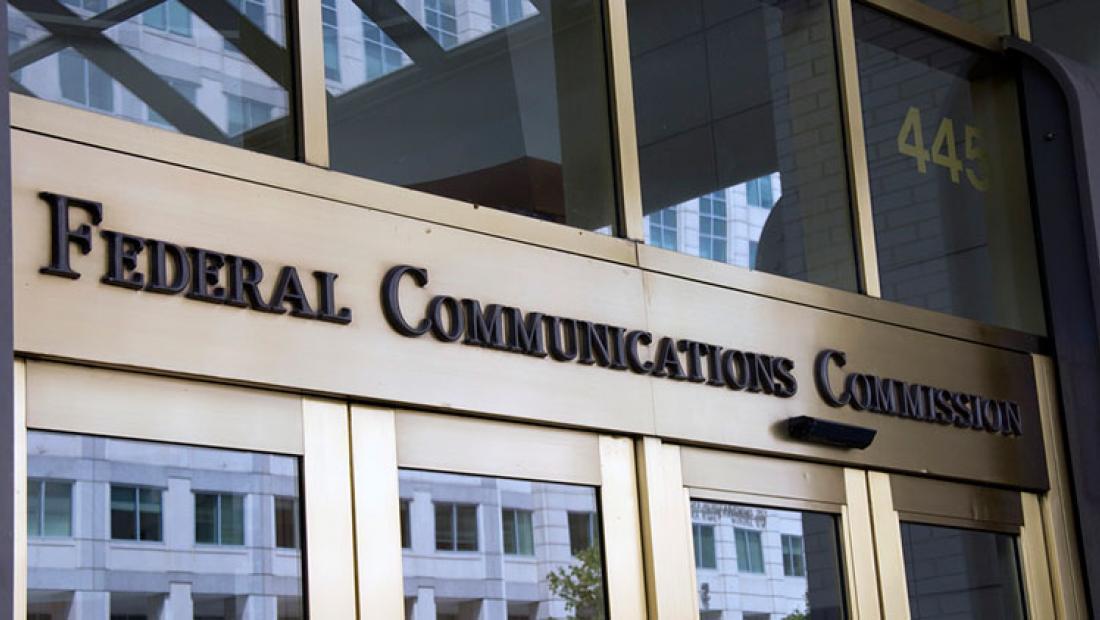ISPs Renew Pledges Not To Block or Throttle

The smarter way to stay on top of broadcasting and cable industry. Sign up below
You are now subscribed
Your newsletter sign-up was successful
ISPs were renewing their pledges not to block or throttle or otherwise discriminate against legal online content.
That comes as the FCC under Republican chairman Ajit Pai prepares to reverse the Title II common carrier classification of ISPs and eliminate the bright-line rules against such conduct, leaving it to the Justice Department to determine if any such conduct is anticompetitive, and the Federal Trade Commission to enforce those ISP pledges.
The FCC cited those pledges in announcing the planned rollback of those rules.
Related: FCC Hears Cheers For Net Reg Rollback
Pai is also eliminating the rule against paid prioritization, but ISP pledges generally do not extend to a ban on paid prioritization, That is a grayer area given that some ISPs argue differential pricing of tiers for different speeds and levels of service has plenty of precedent and can be a pro-consumer way to differentiate service, rather than an anticompetitive lever.
Pai early in his tenure reversed FCC guidance that usage based broadband pricing appeared to violate net neutrality protections.
Under the Pai plan, if ISPs did block or throttle or prioritize, they would have to disclose that to the FCC per transparency rules regarding network management, and DOJ and the FTC could respond accordingly.
Comcast senior EVP David Cohen said it was important for consumers to know that, FCC action or no, "we do not and will not block, throttle, or discriminate against lawful content – and we will be transparent with our customers about these policies."
Related: Pai Circulates Order Unwinding Title II
The smarter way to stay on top of broadcasting and cable industry. Sign up below
Charter echoed that sentiment in its reaction to the Pai proposal: “Charter has had a longstanding commitment to an open internet, which is why we don’t block, throttle or interfere with the lawful activities of our customers," the company said.
"For the better part of two decades, our companies have built services that meet those expectations and satisfy their customers’ desire to visit any lawful website or run any lawful application," said Michael Powell, president of NCTA-The Internet & Television Association. "The draft order will not change how our companies view the freedoms intrinsic to internet service."
Powell is speaking from experience when he talks about those intrinsic values. As FCC chairman in 2004, he promulgated basic internet freedoms that became the basis of later FCC guidance on the subject, which were that consumers be able to access the lawful content and applications of their choice, connect their device of choice, and be entitled to information about their service plans--the FCC under subsequent chairman Kevin Martin added an entitlement to competition among network, application, service and content providers.
ISP pledges are unlikely to assuage critics of the Title II rollback, certainy if former FCC chairman Michael Copps is any gauge. "By empowering ISPs to create fast lanes for the few and squelch alternative points of view, the Trump FCC fecklessly casts aside years of popular consensus that the public needs net neutrality," he said this week.
Contributing editor John Eggerton has been an editor and/or writer on media regulation, legislation and policy for over four decades, including covering the FCC, FTC, Congress, the major media trade associations, and the federal courts. In addition to Multichannel News and Broadcasting + Cable, his work has appeared in Radio World, TV Technology, TV Fax, This Week in Consumer Electronics, Variety and the Encyclopedia Britannica.

